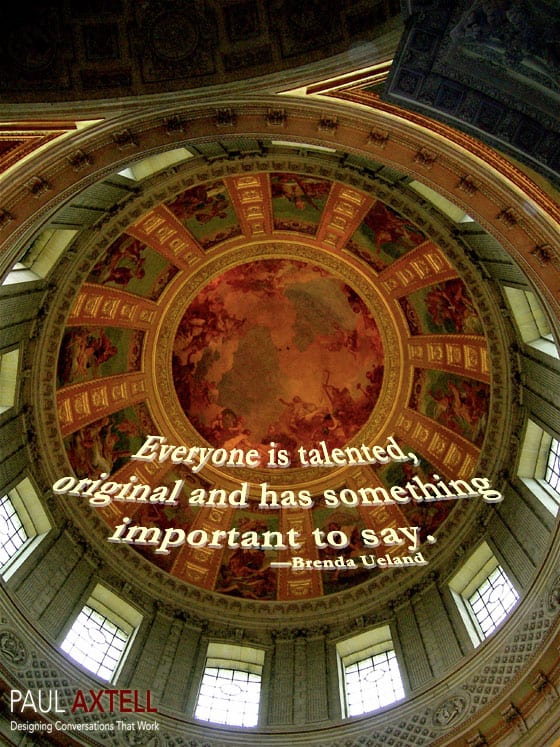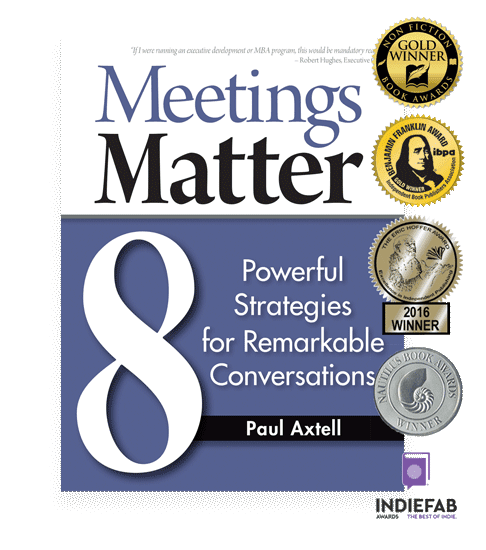Sharing memories, creating connection
Recently, grandson Reece asked if he could interview Cindy for a school project. He had chosen the subject of travel and began with this question: “Why did you decide to travel the world?” Ten questions later, Reece knew more than anyone else about his grandmother’s passion for seeing different places.
A couple of years before, granddaughter Haley interviewed Cindy about her early years—grade school through high school. It was fascinating to watch Cindy reflect back and find moments and stories she had not thought about or spoken about for a long time. It was also nice to watch Haley and Reece be leading the conversations thoughtfully and intentionally—so easy to forget what kids are capable of doing.
Look for opportunities to share
Kids don’t often ask about the past; it’s usually only as adults that we become curious about our parents and their childhoods.
Recently, I ran across some photographs of my father in India and Burma during WWII. It reminded me that there is a lot about my parents that I don’t know, such as how he got there and what that trip was like. And now it’s too late to ask.
I would love to be able ask my parents about what they did for fun, their first car, when they saw their first movie, their friends—even the tough times. It would be wonderful to go through all of the old black-and-white photos and ask for the stories behind each one.
Often a child’s interest in the past begins with a school project like Reece’s. Other times, however, something in the news, or perhaps their own interests or problems, will prompt a question.
Be ready for these questions. When one appears, stop, reflect on it thoughtfully, and then respond authentically from a viewpoint of sharing rather than teaching or influencing their thinking.
This is not a time for short answers!
I’m reminded of an e-mail that my daughter, Amy, sent me long ago. It was brief and to the point: “Dad, you need to share more.”
Ever since I received that note from Amy, I intentionally listen for opportunities to say more. For instance, one of the grandkids asked me about my new shotgun for pheasant hunting. So I told him about my relationship with my father, about my love of the outdoors, about our concern with having guns around the house. We probably talked for twenty minutes. That conversation reminded me that some conversations need us to focus on listening and others call for a focus on sharing.
Start a journal or collection of stories for later
We all have our own memories and stories that are prompted by familiar events of everyday life. Cindy and I were driving through a small town In Kansas, and as we passed a park, I was reminded of watching movies as a child on a big wooden board in the little city park where my grandparents lived. And that moment created a wonderful hour-long conversation about the small towns in each of our pasts.
Now that baseball season is upon us, I am reminded of Saturday afternoons of watching baseball on TV with my grandfather. The announcers were Dizzy Dean and Pee Wee Reese, and Grandpa Pete had all kinds of superstitions. Never strike out the first batter because you’ll lose the game was one he truly believed in. He would go crazy if the Cardinal’s pitcher struck out the first batter. I’m sure the grandkids will love to hear about my grandfather.
The stories are there. The question is, Are you in touch with all the memories and stories from your past? If you are, you’ll find moments when they are wonderful additions to the conversations with family and friends.
Perhaps the most important reason of all for sharing our stories: Relationships are enhanced by having wonderful conversations about things that matter. People love stories, and when we share ours, we add depth to our relationships and broaden our points of connection.





















































